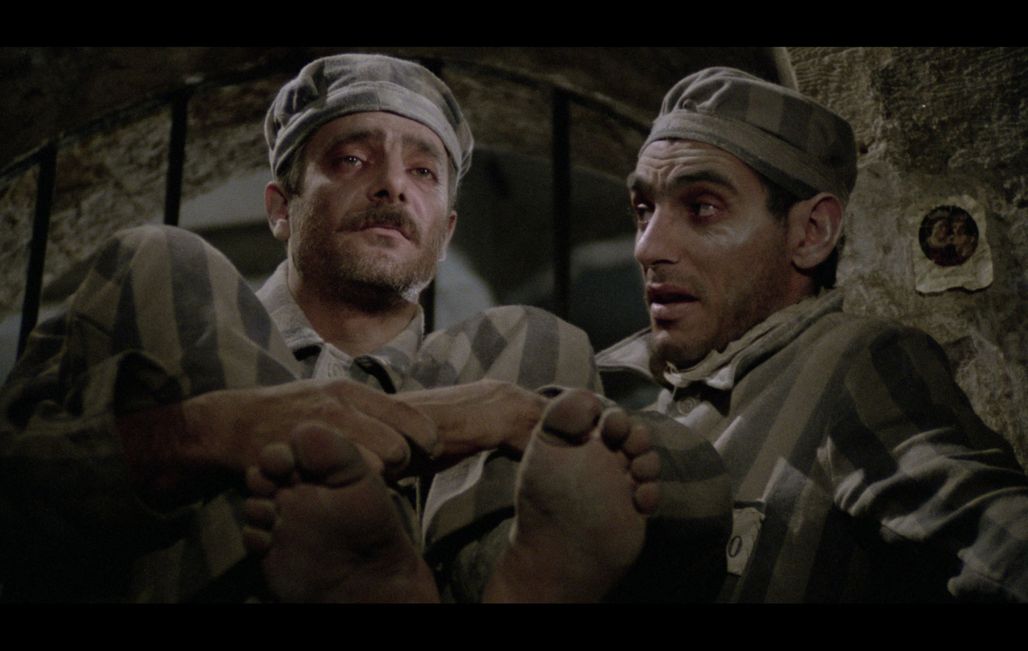
Pasqualino Settebellezze (Seven Beauties): when Lina Wertmüller made history

The iconic Italian director Lina Wertmüller (who has had two films selected In Competition) is in Cannes this year to present her cult film Pasqualino Settebellezze (Seven Beauties). This feature film is being screened in its restored version as part of the tribute to the director, who will be accompanied by actor Giancarlo Giannini, who played the leading role in the film.
The ninth film by Lina Wertmüller, Pasqualino Settebellezze (Seven Beauties) made her the first female director in history to be nominated for an Oscar in 1977. Set during World War II, the film recounts the life of Pasqualino, a low-ranking mafioso who deserts from the Italian army and is later captured by the Germans, who send him to a concentration camp. The man then goes on to commit a series of cowardly acts in order to save his own skin. After his liberation, he is sent back to Italy, where he returns to his pre-war routine.
Giancarlo Giannini (winner of the Best Actor Award for his role in Film d'amore e d'anarchia (Love and Anarchy) by Lina Wertmüller in 1973), the director’s favorite actor, plays Pasqualino, a “small household tyrant who turns out to be a dishonorable bastard when faced with those who are stronger than he is.” The Italian actor received an Oscar nomination for Best Actor for his performance.
"Pasqualino Settebellezze (Seven Beauties) deserves to become the first big success of the year" is how a journalist from the New York Times concluded his review in 1976. Known for her comedies commenting on the battle of the sexes as well as social and political issues, Lina Wertmüller, who began her career as an assistant to the famous director Federico Fellini, marked a new milestone thanks to the success of Pasqualino Settebelleze.
Her nomination would pave the way at the Oscars for four other female directors: Jane Campion for The Piano (which would win the Palm d’or in 1993), Sofia Coppola for Lost in Translation in 2004, Kathryn Bigelow for The Hurt Locker in 2010 and Greta Gerwig for Lady Bird in 2018.


